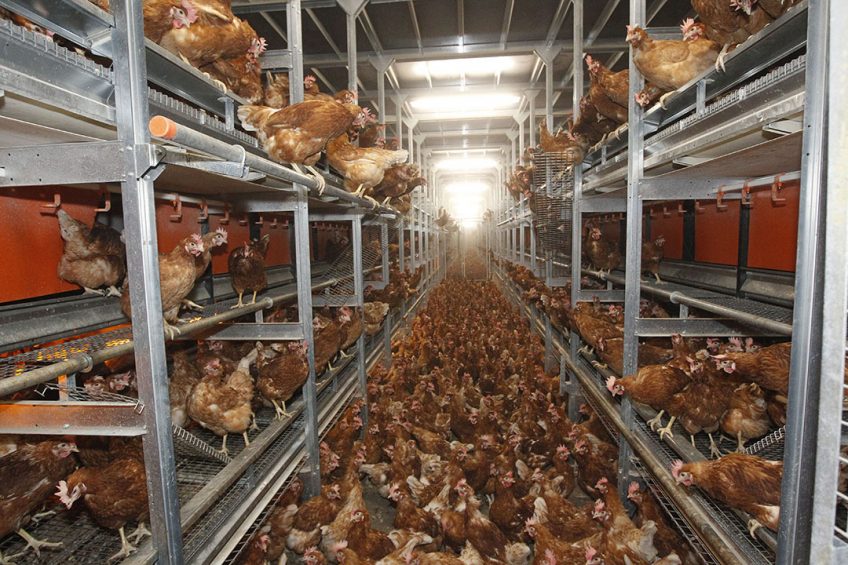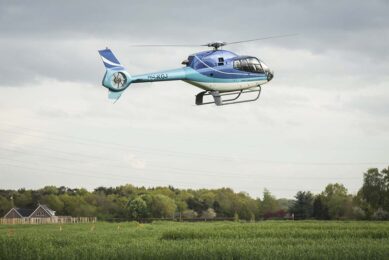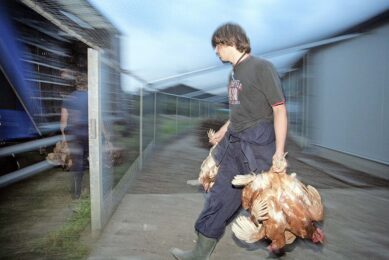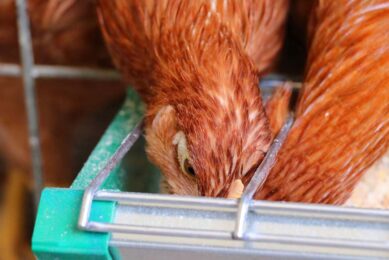2 Sisters Food Group publishes Animal Welfare Strategy

One of the UK’s largest poultry businesses, 2 Sisters, has published an updated Animal Welfare Strategy to demonstrate its ongoing commitment to higher standards.
2 Sisters Food Group, the trading name for Boparan Holdings Ltd, is involved with 380 chicken farms producing 6.2 million birds per week for its food business customers. Of these, 63% of the chickens are grown on company owned farms with the remaining 37% grown by contract growers to supply farms.
In a wide-ranging strategy, the company said:
- 100% of broilers in its global supply chain are cage-free
- UK growers are kept in a stocking density of less than 30 kg per square metre
- 100% of growing birds are not break trimmed
- Average journey times for birds in 2019 saw 92% transported within 6 hours
- 100% of its animals are either stunned prior to slaughter or killed in a humane manner with all poultry in 2019 receiving an effective stun/kill
At present, of the company’s birds:
- 83.88% are reared to Red Tractor Assurance standards
- 9.38% are reared to enhanced indoor standards
- 4.12% to free-range standards
- 1.58% to RSPCA/Better Chicken Commitment standards
- 1.01% to organic standards
Listening to stakeholders
The company said it was listening to its consumers and animal welfare stakeholders about providing products that meet the BCC standards. Saying that at present, in its EU business, around 25% of the Dutch production chain existed of slow growing breeds.
“In the short-term a trial is being conducted to assess consumer demand via limited volumes over the next 12-18 months. Once consumer feedback has been obtained, the Boparan Group is committed to increased volumes to meet full retailer and food service customer requirements by 2026 and provide the necessary agriculture, processing and packing facilities to meet this demand for those retailers and food service customers who wish to commit to delivering this in the future,” it added.
 Driving higher animal welfare
Driving higher animal welfare
Retailers and producer groups are leading the way in driving forward positive animal welfare changes across all animal production sectors.
Laying hens
In terms of its laying hens business, the company said birds were reared in conditions that complied with EU and source country Farm Animal Welfare legislation as a minimum. 100% of the whole/shell eggs and liquid eggs are from a UK RSPCA Assured and British Egg Industry Council Lion Code assured scheme. No birds are given either growth promoters or routine prophylactic antibiotics for disease prevention.
It added that:
- 100% of laying hens are cage-free
- 100~% of the laying hens are provided with enrichment, such as perches and pecking objects
- 100% beak trimming is permitted, but only if necessary, and should only be carried out as a one-off trim at the hatchery by a trained operator using infra-red technology
- The risk of feather pecking must be mitigated using good management and environmental provisions
- Feather wear should be monitored as an indication of pecking with the AssureWel criteria where 1.0 is slight feather loss and 2.0 is moderate feather loss being adopted. The firm will look to include this as part of its data and insights collection for 2022.
Join 31,000+ subscribers
Subscribe to our newsletter to stay updated about all the need-to-know content in the poultry sector, three times a week. Beheer
Beheer








 WP Admin
WP Admin  Bewerk bericht
Bewerk bericht